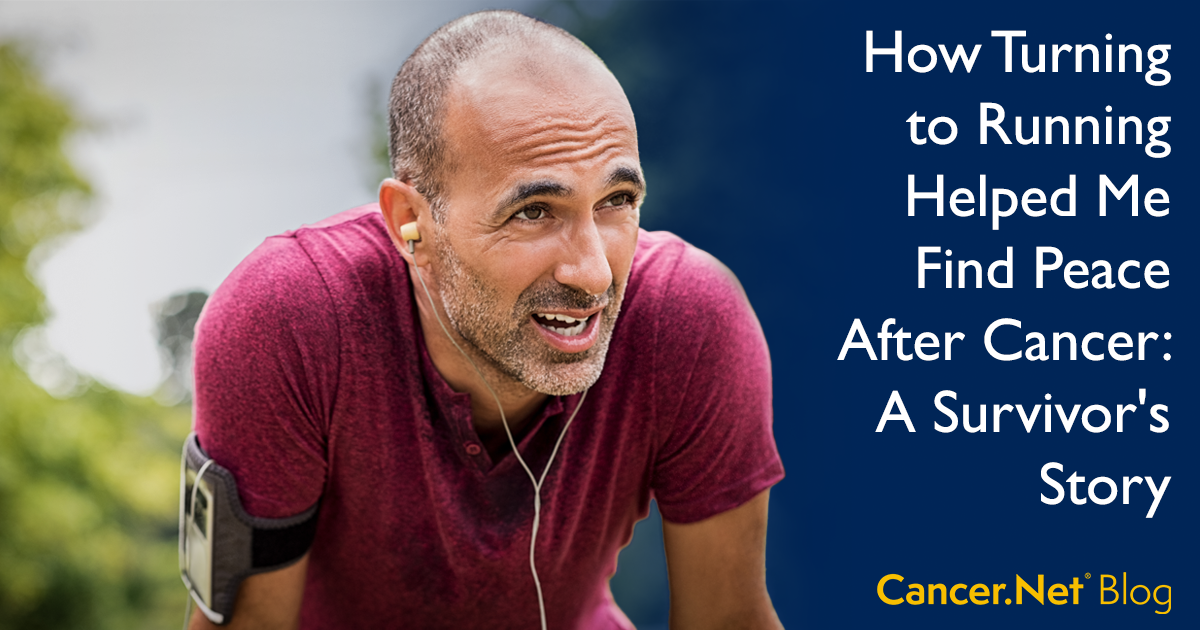
Brian Sluga is a cancer survivor, change management consultant, author, and avid bicyclist. Brian has a bachelor’s degree in communications from Bradley University and received a Master of Fine Arts in creative writing at Lindenwood University. Brian has self-published 2 books on Amazon. You can follow Brian on Instagram and X, formerly known as Twitter.
After traveling the 2 miles to the hospital, we all gathered up and prayed in the waiting area: my father, my mother, our priest, and many friends. My parents were visibly shaken. I asked silently in my head, “Why is this happening to me?” The only answer I could find was, “It’s the only choice I have.”
I was at the hospital to receive surgery to remove my cancer. As I drifted back into consciousness after the operation, I could see I was hooked up to a machine in a hospital recovery room and felt the hardened gauze around my groin. I couldn’t help but wonder how any human could endure this much physical and emotional pain.
After the surgery, my main question for my doctor was, “How long before I can return to serious running again?” While this surgery was supposed to save my life by removing the tumor and my testicle, it felt like it had sucked the life out of me if I couldn’t run again.
Getting back into running after cancer
Running was a passion of mine before the surgery, but now it was something to keep me sane after my life was upended. After my cancer surgery, I set a goal to run my first marathon. I figured the marathon training would give me freedom and purpose. Just like the surgeon removing the cancer from my body, I thought running would heal me.
I signed up for the Chicago Marathon, and in preparation, I labored for 6 months running 50 to 60 miles a week. I trained through pain, rain, and windy days. I struggled through each run thinking about my past and what would be my future. Much like the winter chill on a December morning, some days felt like a cold, hard truth slapping me in the face. The grim truth was that to be successful in the marathon, I had to accept and respect the distance. Finishing was a signal to the rest of the world that I was not only tough, but also that I made it. I was a survivor.
While running, I found peace with being a cancer survivor. I was reminded of my cancer journey by an 18-inch scar I proudly wore on my torso from the removal of lymph nodes. After all, I still had life left to live. I would live it with goals in mind. My first goal of completing the Chicago Marathon meant I would need to run hard every day and put my heart into returning my body to health. Once a cancer patient, the disease was now in my past. I felt alive.
Tackling my first marathon after cancer
I started my first marathon on a crisp October morning that ended with sundrenched skies. I stopped at every hydration station with a mix of excitement and nervousness. A marathon is an activity entirely for yourself. At first, I felt anxious, but then I just let go and let the hard work give my body a push that relieved my mind. As I ran, I realized that pounding the pavement was now just a part of my routine. The cancer, which had inhibited me just months prior, felt like an eternity away.
Around the 10-kilometer mark, I came upon a number of people dressed as storybook characters. In spite of all of the craziness, I had to concentrate so as not to get off pace. After all the physical miles, training, and strategizing I had done to prepare, what turned out to be the most important element was how to pace myself for the distance.
It was an aggressive pace running right through the heat of the day. With the sun beating down on the cement and asphalt, the air was thick with Midwest humidity. As the miles piled up, my personal pain and fear of not being strong enough to finish overwhelmed me. But the toughest mental race didn’t start until around 18 to 20 miles in. I had to dig deep for that last 10 kilometers. Throughout the race, taking in adequate fluids kept my mind and body relaxed. Now, I had to think confident thoughts to keep myself on track. Soon, I would hear the cheering crowd ahead, and I was inspired. I wished this feeling would never end.
As I approached the final stretch of the race, I knew that my dream was nearly fulfilled. I remembered the training miles, sweat, and blisters, and now, as I saw more crowds and the finish line, tears instinctively dropped from my eyes. The pain and the fear vanished. After I crossed the finish, I collapsed and was immediately taken by 2 nurses to a medical tent. I had post-marathon fatigue.
Although my body was almost in shock, I was elated from the personal best performance I raced. I was so sore and felt wrecked, but I had endured. In that tent, a feeling of peace and emotion overcame me. Throughout the race, I realized it was not just any ordinary race. It was a very special experience to which truly few on the planet can relate. According to RunRepeat, less than 1% of the U.S. population has completed a marathon.
A few hours passed after I crossed the finish line. In my mind, I was already planning another. The addiction had started: 26 miles, 365 yards. My cancer was now in the rear-view mirror. This race was done. I wanted to find some way to pause and soak in the moment. I was hoping I would find an inner runners’ version of enlightenment. But alas, I was proud and sore but no more enlightened.
I conquered my first marathon just as I had cancer. I had the prayers and help from others, but in the end, it was up to me to take those first steps toward victory.
The author has no relevant relationships to disclose.







